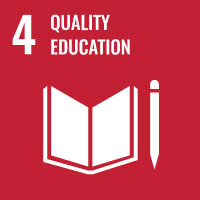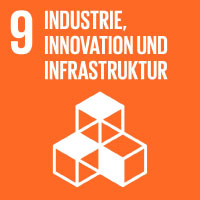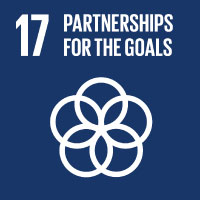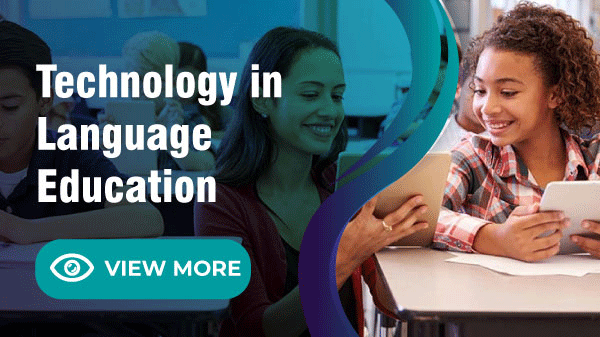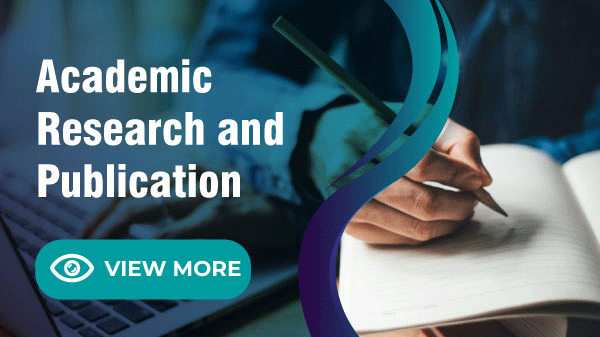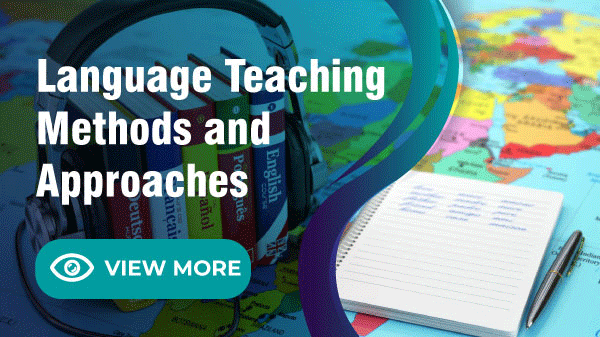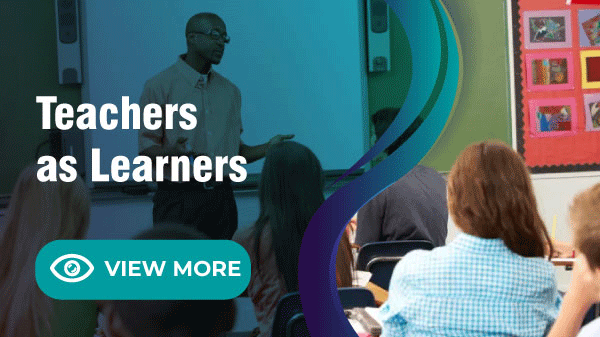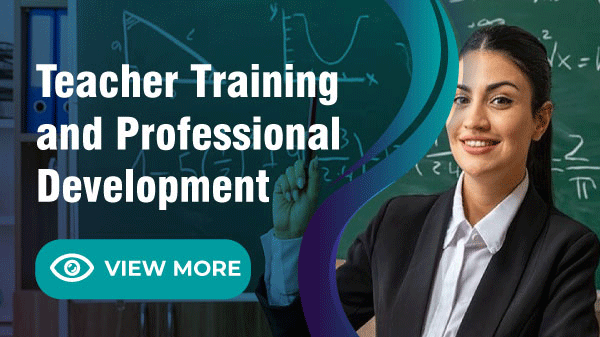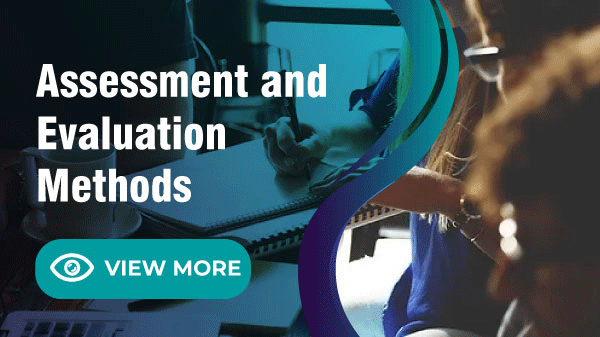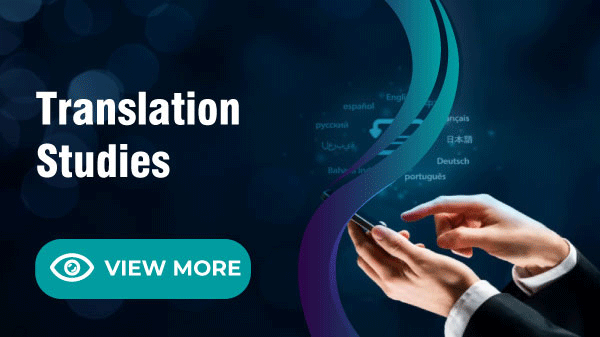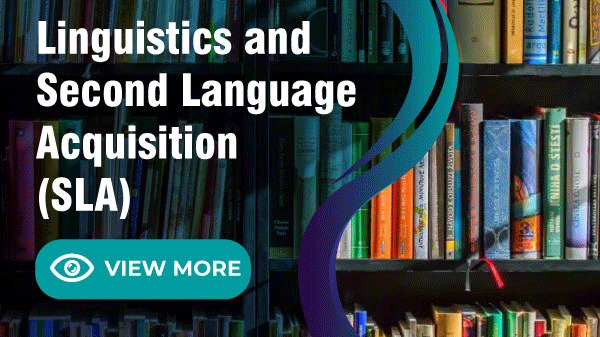Assessment and
Evaluation Methods
Session Overview
Focused on effective language assessment, this session examines both formative and summative evaluation strategies. Attendees will gain insights into creating fair, inclusive assessments, and utilizing data to improve instruction. By enhancing evaluation practices, this session contributes to SDG 4, ensuring that language learning is comprehensive and adaptable to individual learner needs
Assessment and Evaluation Methods
The
Sustainable
Development Goals:
Goal 4: Quality Education
Goal 8: Decent Work and Economic Growth
Goal 9: Industry, Innovation, and Infrastructure
Goal 17: Partnerships for the Goals
Who Can Join
Tracks
Topics of Interest for Submission include, but are not limited to:
1 Formative and Summative Assessment Strategies
2 Rubric Design and Development
3 Standardized Testing in Language Education
4 Digital Assessment Tools
5 Alternative and Authentic Assessment Methods
6 Peer and Self-Assessment Techniques
7 Data-Driven Assessment Approaches
8 Assessment Accommodations for Diverse Learners
9 Impact of Feedback on Learning
10 Assessment for Learning (AfL) Practices
11 Automated Assessment and AI Tools
12 Designing Fair and Inclusive Assessments
13 Competency-Based Evaluation
14 Portfolio-Based Assessments
15 Analyzing Assessment Results for Improvement
Session Speaker

Dr. Geeta Sandeep Nadella
206 Velvet Ridge Way, Garner, NC 27529
USA
Key Themes ICLTL -2024
- Assessments are essential for understanding student progress, identifying gaps, and tailoring instruction to meet individual needs. This session covers both formative and summative assessments, discussing how each approach serves different purposes within language education. Emphasis is placed on creating fair, transparent, and culturally sensitive assessments that accurately reflect student learning. Participants will learn to design evaluations that align with language learning goals and foster a supportive learning environment.
- Additionally, the session explores innovative assessment methods, such as digital tools and peer assessment, that enhance feedback and self-reflection. This theme aligns with SDG 4 by ensuring that assessments promote equal opportunities for all students to demonstrate their abilities. By implementing effective assessment strategies, educators can make data-driven decisions to improve instruction and better support student development. The session provides practical guidance on balancing diverse assessment methods, ultimately contributing to a more inclusive and accurate evaluation of student learning.
Theme: Driving impactful language research and scholarly publication for knowledge advancement.
Scope & Benefits of Attending ICLTL-2024 conference

Benefits of Attending ICLTL
2024
- Attending these sessions provides invaluable scope and benefits aligned with SDG goals, Scopus publication opportunities, certifications, awards, and IFERP scholarships:
- SDG Contributions: By enhancing skills and knowledge in modern language teaching, research publication, and cross-cultural communication, attendees actively support global SDG objectives, particularly SDG 4 and 17, through impactful educational practices
- Scopus Publication Opportunities: Attendees have the chance to publish their research in recognized Scopus-indexed journals, contributing to global scholarship in language education and enhancing their academic and professional profiles.
- IFERP Awards, Certifications, and Scholarships: Participation in ICLTL-2024 brings certification of participation, eligibility for awards recognizing research excellence, and potential scholarships, which underscore professional growth, acknowledgment, and support for continued academic contribution.
Author Guidelines
Guidelines for Abstract Submission:
- Language: Abstracts must be written in English.
- Length: Limited to one paragraph with 200-250 words.
- Format: Submit in MS Word (.doc or .docx) document format.
- Content: Abstracts should provide an informative summary of the original work. Include a brief biography with your abstract, following the example provided in the template.
- Formatting: Center-align the Title, Author's Names, and Affiliations. Underline the presenting author's name.
- Submission: Please submit your abstract through the designated submission portal.
- Acknowledgment: Upon abstract submission, you will receive an acknowledgment email within three working days.
Evaluation Process
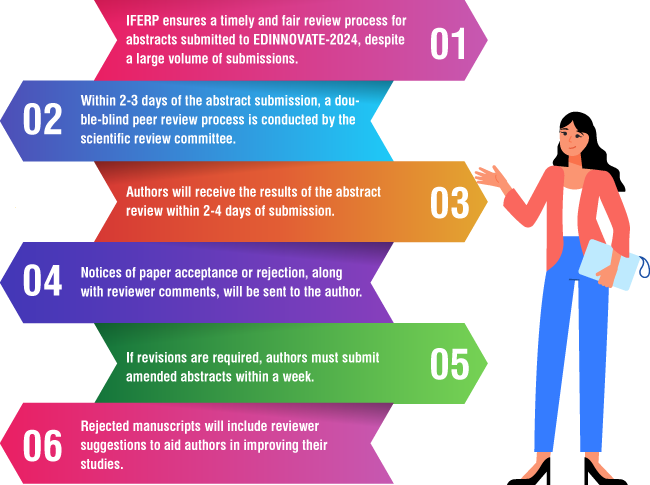
Guidelines for Full Paper Submission
If your abstract has been accepted and the registration fee for ICLTL-2024 has been paid, you are invited to submit the full paper. Please adhere to the following guidelines for the submission:

- Total number of pages: 6-8 in double-column format
- Language: English (checked for grammar and language errors)
- Tables, figures, and images should be properly named and of high quality.
- Keywords should be written in lowercase letters (except for names/scientific names) and separated by commas.
- Affiliation names, including the country, must be provided.
- Each paper should be structured into the following sections:
- Background, Motivation, and Objective
- Statement of Contribution/Methods
- Results, Discussions, and Conclusions
Once your full paper is prepared according to the above instructions, please proceed to submit it through the provided link. Submit your Full paper Here.

